Over the years of knowing Juliet I have watched her dream of Chestnut School of Herbal Medicine unfurl like a beautiful lotus. I have been inspired by her dedication, and the focus and energy she gave to bring Chestnut School of Herbal medicine to life. From the start I could see the beauty she was adding to community with her school and in 2015 things really expanded with the completion of the online Herbal Immersion Program and the online Herbal Medicine Making Course making it possible for Chestnut School to reach more people.
My wish is for many people to study at the Chestnut School of Herbal medicine, knowing it would set each of us for a life of health and wellness and that this then extends our ability give to others. On a large scale it is my dream that all people would have a finer attunement to the earth and our bodies and I feel that this in part can be done through studying with Juliet and her community. I hope you are inspired, and connect with Chestnut School of herbal medicine in one way or another, as either a student, as a reader of the Chestnut School Blog or by following along with her weekly posts on instagram.
You must watch the delightful introduction video, as the goodness really can be felt.
Hello Juliet,
Could you share a little about your upbringing, would you say you were raised to be a herbalist, or was it an antithesis to your families beliefs or way of being?
I was raised in the suburbs by very open-minded parents. They raised me to follow my dreams and encouraged my creativity, but we didn’t use herbal medicine. I honestly didn’t even know plants could be medicine until I read Clan of the Cave Bear by Jean Auel. The images of the traditional herbalists in the story planted a seed deep in my spirit, and my calling germinated. I believe I was born to do this work, and subsequently my soul found what was needed to manifest my destiny.
When I was thirteen I came down with mononucleosis and the doctor sent me home, saying there was nothing he could do for me. That experience seriously impacted me. I knew in my core that healing foods and herbs could help me, and it was wrong on a fundamental level to not support my body’s healing in some way. We can always ease suffering, even if we can’t eradicate the cause! My belief in the current “grownup” establishment crumbled, and I no longer had faith in the medical system (or the government and educational system). It was like a veil had been lifted.
It wasn’t until I went away to University that I found plant people, my tribe. I found herbal books and studied botany. I taught myself to wildcraft (forage for herbs) and make medicine by connecting to my ancestral cellular knowledge and reading books. After receiving my degree in botany, I found my herbal teachers and was able to study more formally.
What is your official professional title, do you refer to yourself as a herbalist? You are so much more, it is hard to sum up all you do in one word!
I don’t use any letters after my name, but I proudly call myself an herbalist and botanist. I consider myself one link on a long chain of healers stretching far back in time before the written word. My students are continuing this lineage, and bringing it forward to the next generation. In this way, I feel a great sense of purpose and proportion.
It is a really exciting time to be doing what you are doing, it feels to me that this way of life, is expanding, and more and more people are being drawn to natural medicine, which in a way, is a lifestyle.
Yes! Many people throughout the world still use plant medicine as their primary form of health care. But the Western world, who turned away from natural medicine a few generations ago, is rethinking their current medical paradigm of pharmaceuticals. Many people are disenchanted by the medical system and sickened by their diet and the environment. The rising rates of cancer, autoimmunity and autism spectrum disorder are a big wakeup call. People are hungry for real food, grown without chemicals, and safer remedies. I see the future of medicine as a holistic approach –looking at the individual’s diet, lifestyle, community, environment and spirit. Finding treatments that may include pharmaceuticals, but also herbs, essential oils, yoga, massage and energetic healing.
I can see your course setting people up for health and wellness for life, and it being something wonderful to study no matter what their professional outcome is. A course for wellbeing, not just to be occupational herbalists.
That is my biggest dream. It’s incredibly empowering to be able to make one’s medicine, and even more empowering to find the medicine in one’s garden or yard. Connecting with plants is the simplest way to restore a sense of connection with this beautiful planet and our ancestors. Because we all come from plant healing people, no matter where we come from.
I remember one photo in particular that I saw years ago now, that made me fall in love with your school. It was a bunch of students sitting on dry tree roots. It was so beautiful, the togetherness, and the connection with nature that the moment I saw this photo, I wanted that existence for my eldest daughter, to study with you. Maya is only 9, but it was like a dream seed for me. Do you find yourself feeling grateful for the beautiful students the course attracts. I would think they are some of the most wonderful people in the world!
When I had my full time school, we went on regular day trips into the woods and three camping trips every year that lasted one week each. Some of those trips were into the backcountry with no cell phones or facilities. My daughter came on all those trips, starting when she was two years old. That made for a lot of bonding, trust and friendship (and other interesting human dynamics as well!).
I’ve loved meeting my students over the years and have grown close to many of my apprentices and students. In fact, half the folks that work for the school are former students.
As a homeschooling family, my next question, is how old do you have to be to enroll?
We encourage parents to share their enrollment with their older children. In the spirit of nurturing the next generation of plant lovers and herbalists, we really want to reach out to homeschooling families (we homeschool as well!). The material is too complex for younger children but parents can distill the essence of the lessons and share it with their youngsters. My dream is to someday create an online herbal course for children, taught by children.
You must feel a great sense of accomplishment, that you have been like a mother seed, and that each year a new batch of herbalists will head out into the world, with the Chestnut School education, living in each of them, and now with the new on-line course, you can reach even more people.
I feel so proud when I see my students out there with their own herbal projects, businesses and teachings. And I am happy to expand my reach to folks who wouldn’t otherwise be able to attend herbal school, because of geography, finances or life circumstance. We now have students in the U.K., Canada and Australia!
What is the gender ratio of your students, and why do you think this is?
Herbal students in this country are predominately female—I have about one man to ten women in any class. It’s always hard to say if this is an intrinsic expression of our biology or cultural conditioning. We welcome all students, whether they identify as female or male or somewhere in between.
Besides loving plants there must be an underpinning to your passion for humankind, to help keep people healthy and well. Do you still find time to give healing consultations?
I actually don’t see clients at this time in my life as I’m fully immersed in teaching, running the school, and being a mother. When I had my full time program, I would oversee my student’s clinical training and thus work with people vicariously, but for now writing is my focus.
Is there a plant or a medicine you would like to grow or make that you have not mastered yet? It has been a busy year, but do you find you still have time and energy to expand your skills?
I would truly love to expand my knowledge of aromatherapy and hope to focus more on this craft in the coming years. My other passion that is always expanding centers on edible and medicinal mushrooms. To be candid, I don’t have time right now to focus on those areas, as I’ve been working crazy long hours. My goal for the New Year is to work less and dance and hike more.
On a spiritual level, how informed are you by the plants? Do you find them guiding you when you need guidance? Or do you find they give you messages? Let’s call it plant medicine on an esoteric level.
This is something I don’t talk about much, but feel greatly. I feel very connected to the green world and plants definitely speak to me in dreams. This energetic medicine has not been part of my teachings, but is something I feel to be intrinsic to all herbalists that actually work with plants, even if they don’t verbalize it.
Do you have a favorite herb? If so, why? I know it might be hard to choose!
It wouldn’t be fair to say I have one favorite herb, but I have my “darlings”– plants that I have a palpable affinity for. However, there is one plant that stands out throughout the past twenty-five years: elecampane (Inula helenium). I just love that plant! When I had my tincture business I asked my friend to draw my logo—a fairy perched on an elecampane flower. I could go on and on about her medicinal virtues, but the connection isn’t about what elecampane can do for humans, it’s more of a connection and ancient familiarity.
You offer a scholarship each year so that those without the financial means can still apply to study.
We’re truly excited about our need-based diversity scholarships! Herbal medicine is the people’s medicine, yet many people don’t have access to herbal health care or education. We hope to be part of the growing community, who is dedicated to increasing all people’s access to herbs, herbal gardening and homemade medicine. I believe this is central to individual and community resilience and long-term environmental and economic sustainability.
We’ve partnered with several non-profits who work with underserved populations in community gardens, focusing on food and medicine justice. In the first year, we’re giving away $23,000 in scholarships, with the aim of increasing the number of recipients each year.
Thank you Juliet.
Thank you Kirsten! You have been such an inspiration to me in many ways. From your commitment to simple, natural living to your beautiful crafts and seemingly endless creative expression. Like countless others, I am enchanted by your photographs—your ability to weave compelling tales through timeless and breathtaking images. You are a powerful force for good in this world, and a refreshing breath of honesty and soulfulness. I am honored to connect with you here and appreciate this opportunity to share my story, in the hopes that inspires others to follow their dreams.
Join the Herbal Immersion program
Follow Chestnut School of Herbal Medicine on Instagram
Follow Chestnut School of Herbal Medicine on Facebook
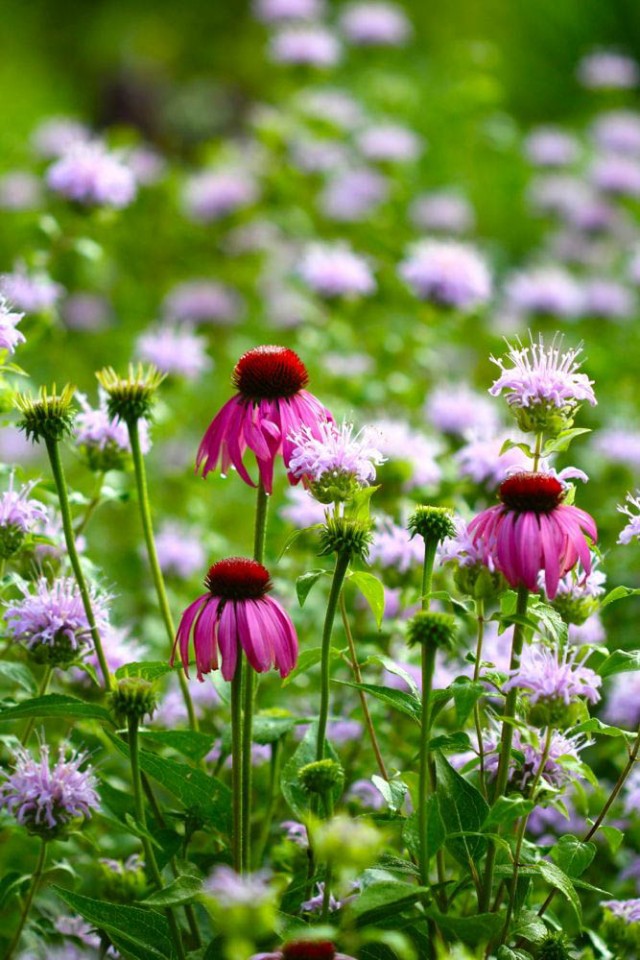
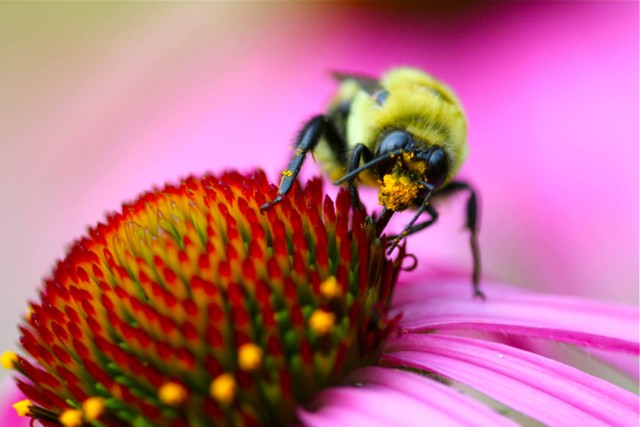
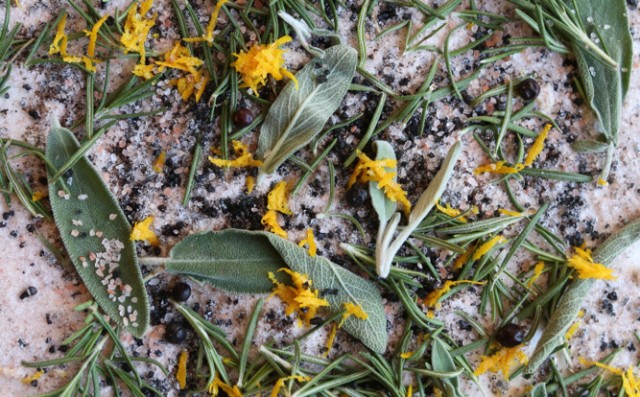
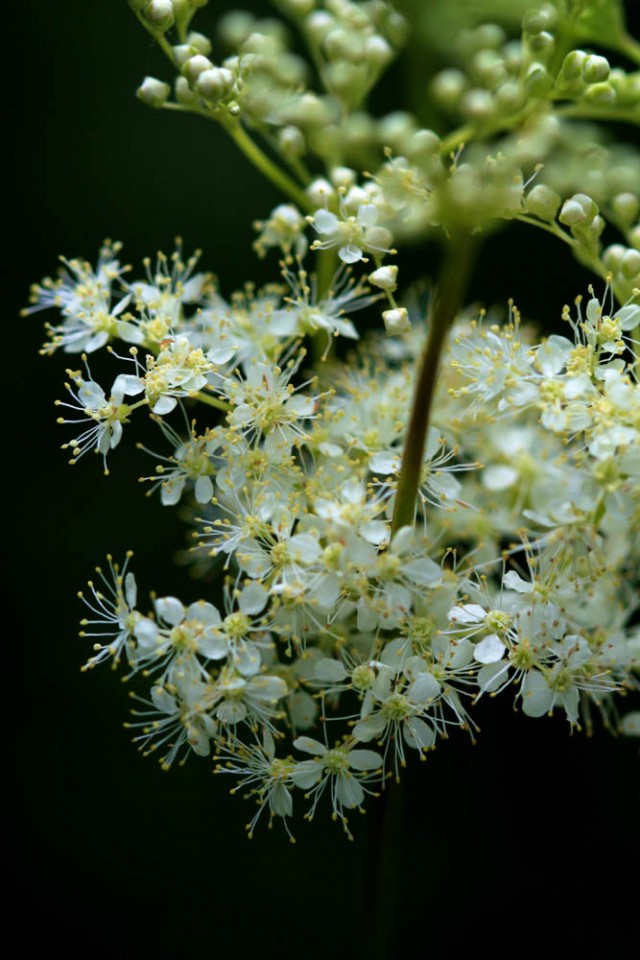
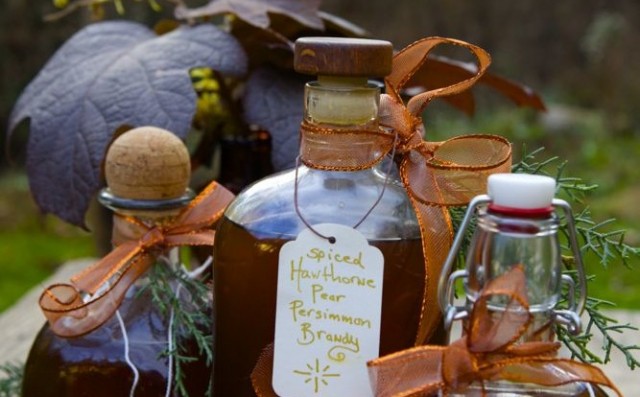
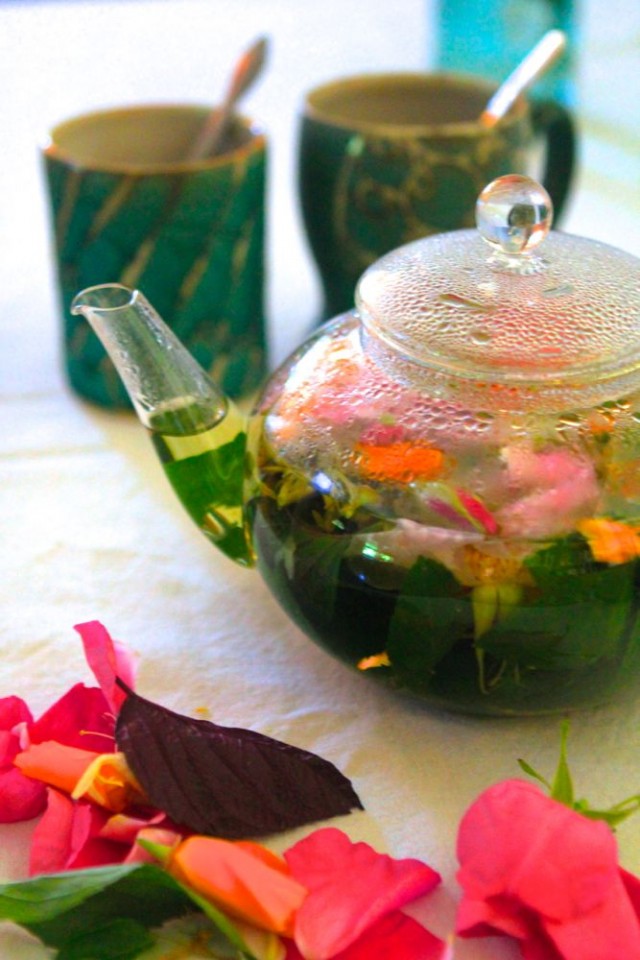
Happy New Year Kirsten! I loved reading this! I have been feeling very strongly about starting herbal lessons with my daughters as well and we inherited a book called A Kid’s Herb Book. We actually started on it last week talking about the difference between herbs and spices, and weeds. It’s been so much fun, although there are so many amazing things to learn about, how do we find time for everything? Thank you for interviewing Juliet and introducing us to the Chestnut of Herbal Medicine school!
Good morning Ms. Juliet Blankespoor, i would like to ask you a few questions about herbs for my BGCSE coursework. will u please get back to me ?
Hello,
You can contact Juliet through the Chestnut School of Herbal medicine website.
http://chestnutherbs.com/
Wishing you the best with your course.